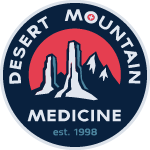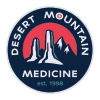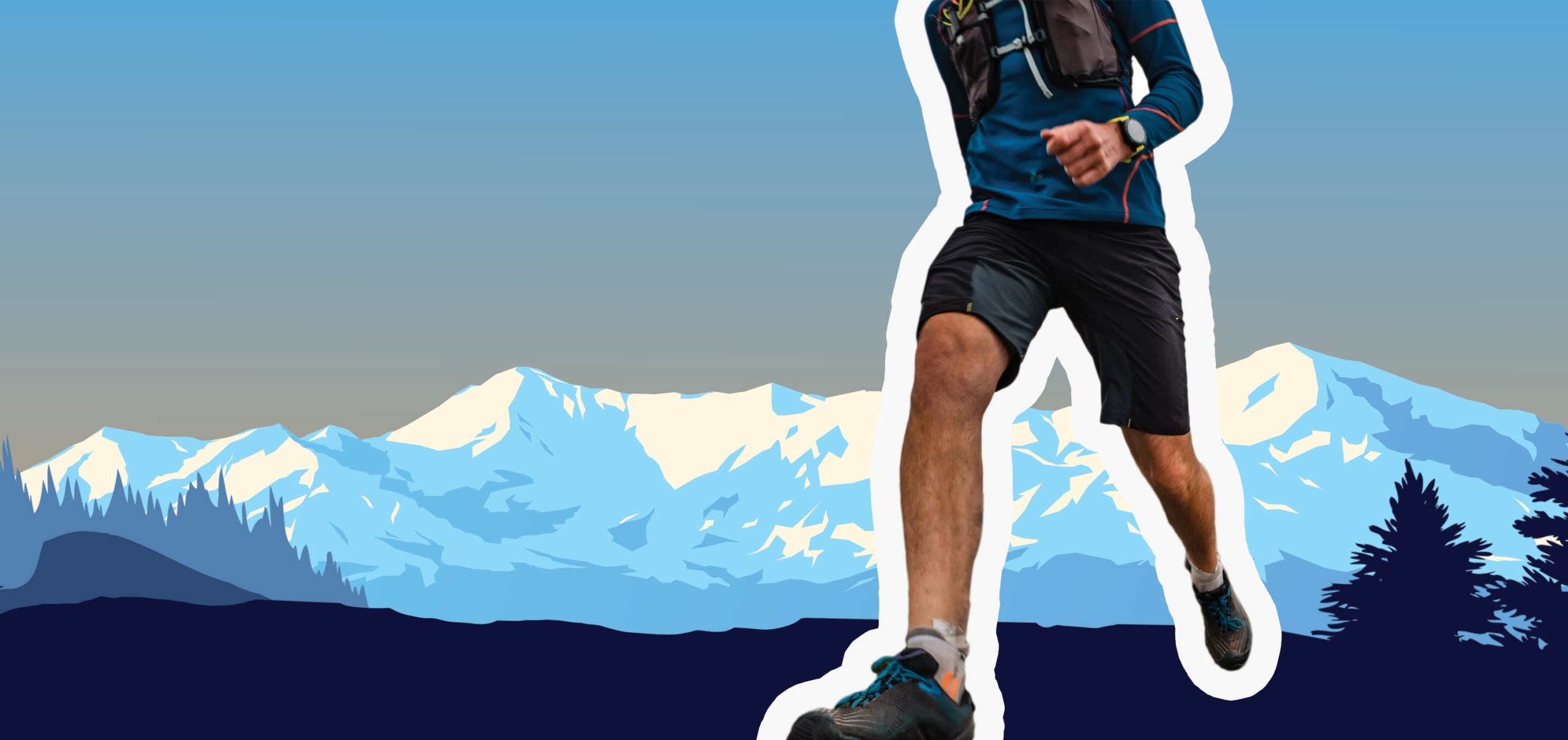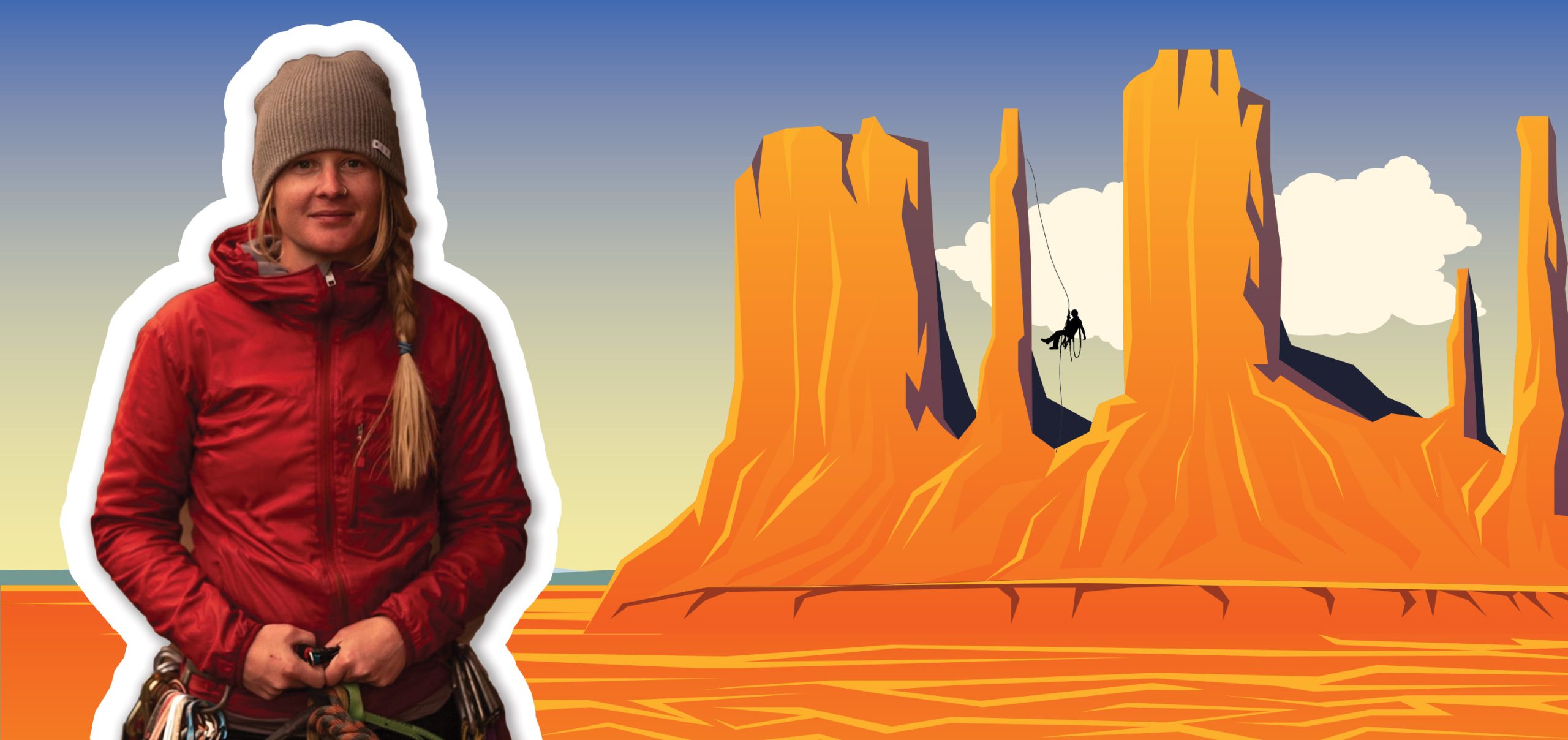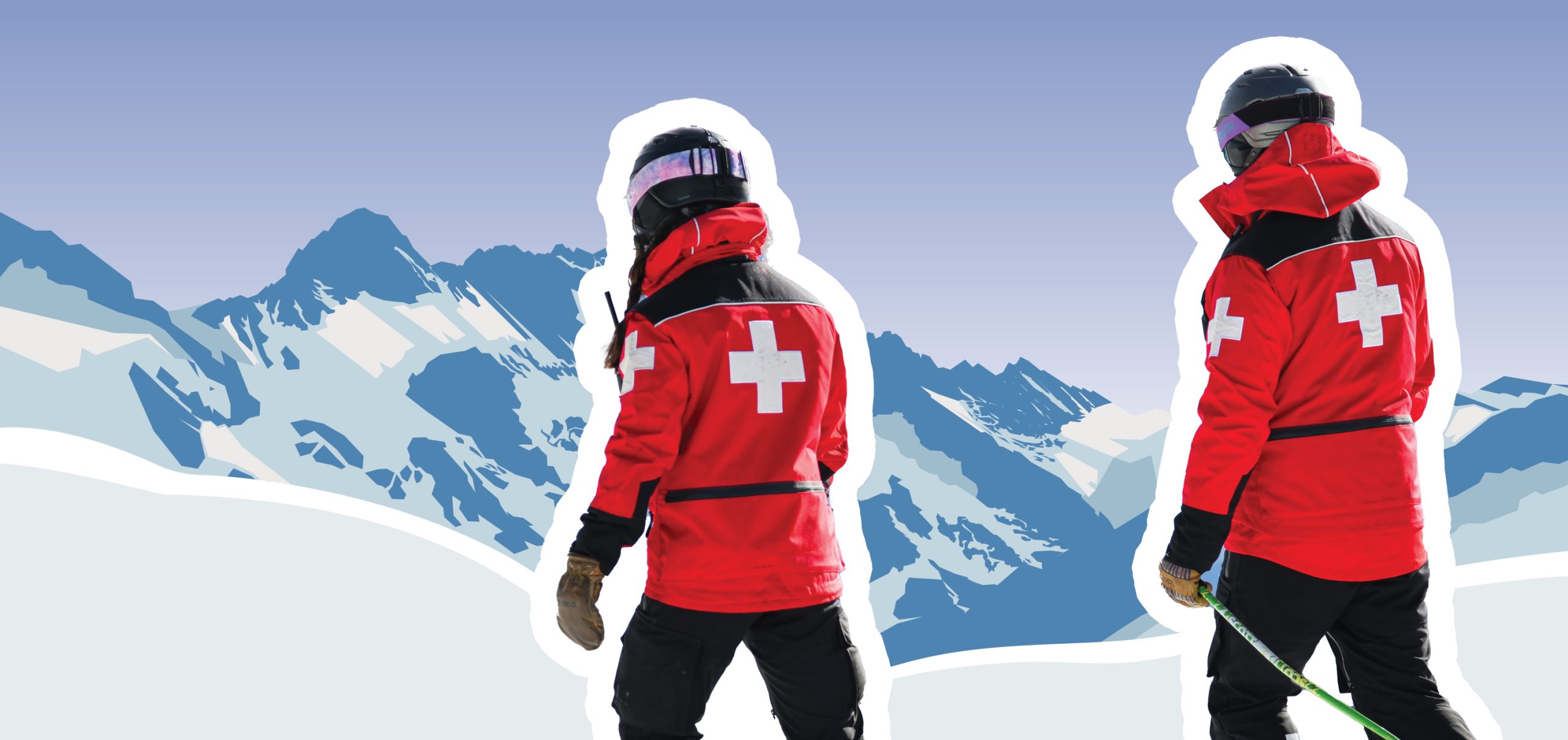MISSION
DMM’s mission is to provide innovative wilderness medical training with an emphasis on risk assessment and prevention.
VISION
DMM’s vision is to empower outdoor professionals and recreationalists to feel confident and prepared to recognize and treat backcountry emergencies utilizing limited resources.
VALUES
DMM believes that the foundational skills of excellent medical care–empathy, compassion, respect, self-awareness, ethical conduct, and leadership–also form the foundation for creating a better world.
CONSERVATION
As a leader within the outdoor industry we are responsible for shaping ethical outdoor practices.
- We are a 1% For the Planet Member. “1% for the Planet is a global movement inspiring businesses and individuals to support environmental solutions through annual memberships and everyday actions…”
- We teach concepts of Leave No Trace (LNT) and stewardship in the context of wilderness travel and evacuations.
- We are committed to purchasing sustainably sourced and produced products.
Curriculum
Our curricula is continually updated by industry experts through review and implementation of the latest medical research and feedback from experienced field staff. Read more.
Risk Management and Prevention
Our courses prioritize risk management skills to prevent injury and illness.
In a classroom environment, students learn to:
- Identify and prevent common causes of injury and illness
- Practice prevention of environmental conditions common in the backcountry
- Practice risk management to mitigate controllable risks
- Practice risk management to navigate unavoidable risks
Wilderness Medicine
Through targeted lectures coupled with classroom-style hands-on practice, wilderness medicine becomes more than just a series of steps in an assessment system.
Students will:
- Integrate classroom learning with field practices through real world case studies and instructor experiences
- Understand conditions in the context of the physiological processes driving them
- Make decisions based on a holistic understanding of anatomy and physiology
- Grasp how environmental factors contribute to or exacerbate most conditions or injuries in wilderness medicine
- Learn to utilize patient assessment to find and fix life threats, identify underlying conditions or injuries, apply correct treatments, trend patient conditions, and make correct evacuation decisions.
Leadership and Resource Awareness
Because formal resources are often limited or unavailable in the field, demonstrated leadership ability is a core focus of the DMM curricula.
Students learn to:
- Take the lead on patient care, either in teams or as a solo rescuer
- Make correct treatment decisions without the benefit of medical direction
- Make proper evacuation decisions and advocate for their patient
- Professionally communicate and collaborate with Search & rescue and other formal resources
Integrative Learning from the field
Our courses use realistic outdoor scenarios, in a classroom-style experience. Through consistent, hands-on practice, you’ll internalize essential knowledge and skills, and develop muscle memory so you will be ready to respond calmly and correctly out in the real world.
Students learn to:
- Practice their skills in integrative and immersive simulations
- Respond calmly and correctly by working through a myriad of different scenarios across a variety of simulated environments and situations
- Think critically about client safety and patient care, analyze situations objectively, and problem-solve creative solutions
- Work directly with search & rescue and EMS services through guest lectures field training
Training for the Whole Rescuer
The work of field staff and first responders of all kinds is exceptionally rewarding, but the responsibility of keeping people safe, and caring for patients without adequate resources can be a heavy burden. The DMM curriculum emphasizes open, inclusive discussions to build awareness and protect responders and patients alike from psychological stress injuries.
Students learn to:
- Build awareness of the responsibilities and challenges that field staff and first responders face
- Develop strategies and learn tools to avoid or minimize stress and trauma from field experiences in their own lives
- Prevent and treat psychological stress injuries in patients and responders using principles of psychological first aid
- continually self-assess their skills and responder readiness so they can continue to learn and grow long after the course ends.
History
DMM was founded in 1998 by Nadia Kimmel, who still serves as CEO today. Over the course of twenty-two years, DMM has grown into a vibrant community and industry leader, employing instructors across the American West and offering courses both independently through various venues and at its headquarters in Leadville, CO.
DMM has always been an advocate for backcountry travelers and field staff. From our founding in 1998, the cornerstone of our curriculum has been hands-on skills training combined with contextualized simulated scenarios. Our lectures focus on a holistic understanding of anatomy and physiology so that our students understand the physiological reason for their treatments. Once students understand how the body’s various systems work, patient assessment becomes more than just a series of steps to be blindly followed. Students can critically analyze the information they gather and make medically informed choices about treatment. This skill set is nowhere more necessary than during backcountry medical emergencies where responders need to act confidently and competently without the benefit of medical direction. Teaching students to think critically and calmly in order to utilize their skills across all types of situations is at the core of DMM’s mission.
Throughout DMM’s 25+ years in business, we’ve embraced the constantly changing nature of medicine and driven innovation within the wilderness medicine industry. We listened to the needs of our students and created hybrid courses that minimize time away from work and family without sacrificing learning outcomes. Understanding that field medicine research is difficult to conduct and unreliable to quantify because of the dynamic nature of remote environments, our curriculum development team synthesizes traditional medical research together with military, pre-hospital, and field-based studies to create curricula responsive to our students’ needs.
Though DMM has grown over the years, it’s maintained its supportive family structure. Just as in backcountry expeditions, instructors, staff, and students get to know and support each other, and when you take a class with DMM, you become a member of our far-flung and growing community. In addition to the skills students take away, the connections forged in our classes stay with students throughout their lives and careers, providing friendships, adventure partners, networking and professional opportunities, and sometimes even just couches to surf all across DMM’s widespread community.
Our company was founded on a passion for outdoor exploration and training competent outdoor leaders. At DMM, we get why you’re called to help others, to go into the last wild places on Earth, because we feel the same calling. That calling is what started DMM, and what keeps it growing and thriving today.
